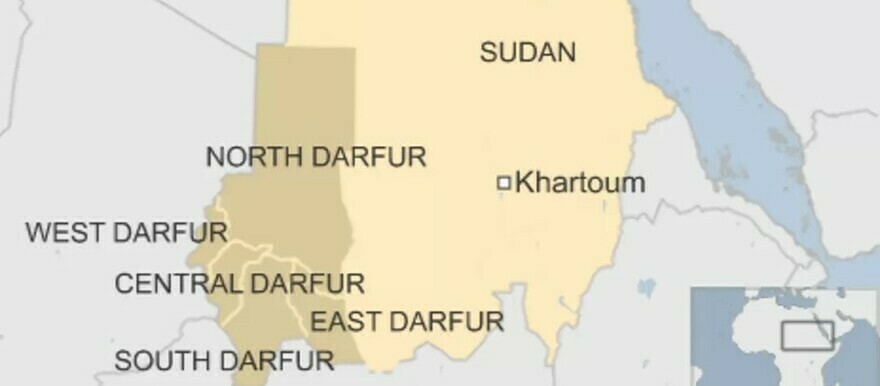Citizens of Zalingei, the capital of Central Darfur, reacted to the recent decision by Chairman of the Transitional Sovereignty Council, Lieutenant General Abdel Fattah Al-Burhan, to remove several state governors, including Saad Adam Babiker, from his role as the governor of Central Darfur State.
Speaking to Radio Tamazuj on Friday, Idris Abakar, an activist and resistance committee member, views Governor Saad’s dismissal as a reflection of the need for more inclusive decision-making. Abakar criticizes Saad’s governance, citing an authoritarian approach that lacked popular support and mirrored the mistakes of his predecessor Adeeb.
Abakar suggests that the dismissal aligns with centralized policies, emphasizing a disconnect between governing bodies and the people’s desires. He believes the decision won’t significantly impact the region, currently grappling with war and human rights violations, and urges United Nations intervention to address the worsening humanitarian situation.
Advocating for a ceasefire and a return to democracy, Abakar emphasizes the importance of people-driven governance, calling for a constitutional process that reflects the will of the citizens.
Saber Ali, a resident of Zalingei town, expressing sarcasm, accuses the ousted governor of abandoning the state during battles between the army and Rapid Support Forces. Ali contends that Saad’s dismissal hasn’t brought about any tangible change on the ground and criticizes the governor for not addressing the worsening conditions faced by the people. Ali suggests that it’s time for citizens to engage in dialogue to address regional issues and move beyond Governor Saad, whom he perceives as irresponsible toward the people and the country.
Fayez Mahdi, a youth activist involved in voluntary work, expressed satisfaction with a recent decision. According to him, the governor failed in his role as a guardian and showed impatience with the people, unable to withstand the challenges of war within his community. Instead of sharing the burden with the residents of Zalingei, he chose to flee the area, leaving them to face their fate.
Mahdi also noted that the Acting Governor, Dilip, followed suit by leaving the state and joining Governor Saad in quieter regions without assessing the tense situation in the state. Mahdi criticized Saad, stating that he is not the right leader for this stage and is unsuitable for the future.
According to Mahdi, Zalingei requires an ambitious young leader who prioritizes the well-being of the people, can manage societal diversity, and guide the region towards safety.
Mahdi said, “Many citizens see in Saad as the leader who fled when the battle intensified, given that he left the state in the first weeks of the beginning of the battles between the two sides of the conflict.”
“Some citizens are anticipating a new figure for the next stage, while others are hopeful for a comprehensive change that includes democratic transformation. In this change, the citizens of the city would actively participate in the decision-making process for selecting the governor,” he added.




